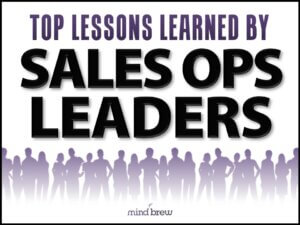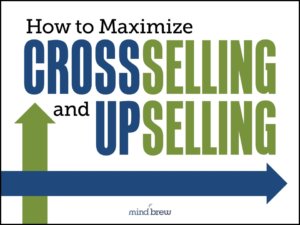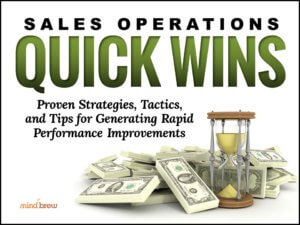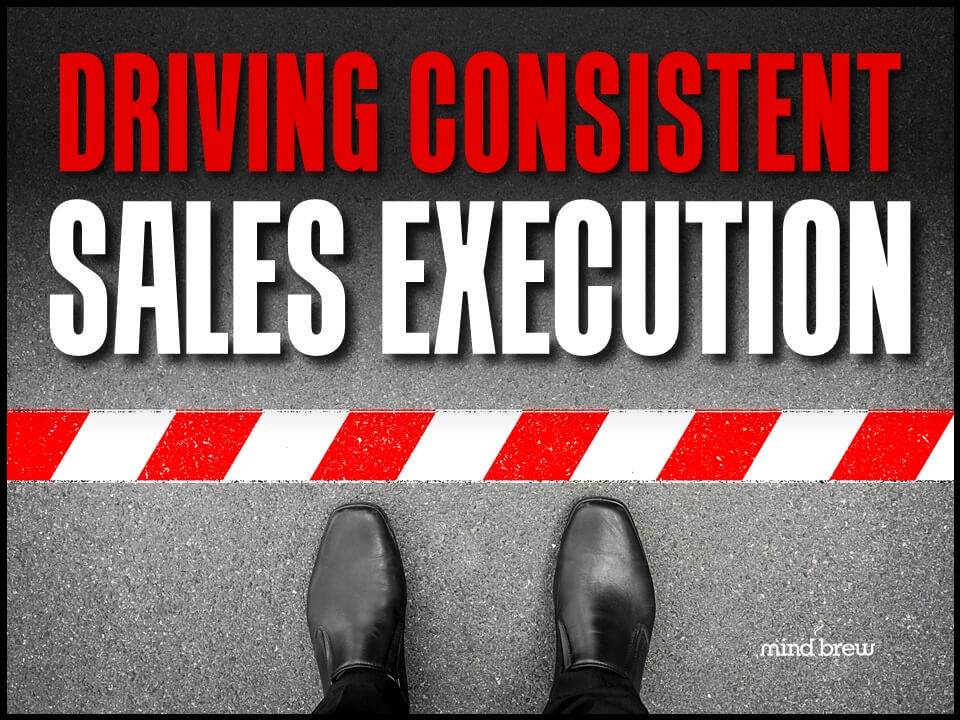In our opinion, it’s always best for sales ops to report to someone at the highest levels of the company. Ideally, sales ops should report directly to the CEO or the COO. If that isn’t possible, the next best option is for sales ops to report to the executive vice president or senior vice president who has responsibility over sales.
Here’s why:
1. Power is concentrated at the top. Everyone understands that the people at the top of the org chart have more power (and therefore more influence) than the people near the bottom of the org chart. In order to be effective, the sales ops function needs to get cooperation from a lot of other departments, like sales, marketing, finance, and product management. It’s rare that sales ops has any direct control over these groups, but if the people in these other departments perceive that sales ops is very influential in the company, then they’ll be more likely to go along with sales ops’ plans. Reporting to the upper echelons of management gives sales ops the appearance of more power, making it much easier for sales ops to do its job.
2. Strategic thinking occurs at the top. In much the same way, the closer you are to the top of the org chart, the more people expect you to be involved in big-picture strategy. Conversely, the closer you are to the bottom of the org chart, the more people expect you to carry out tactical drudgery. The most effective sales ops groups are invariably those that spend more time on projects with real strategic value than on carrying out day-to-day tactical assignments. Therefore, if you want sales ops to be involved in strategic thinking, it makes sense to position sales ops in the place where strategic thinking happens.
3. Other leaders are more influenced by peers than by underlings. Within the corporate structure, titles are important. If sales ops is led by a vice president who reports to a C-level executive, other vice presidents within the company are likely to listen to what he or she has to say. On the other hand, if sales ops is led by a supervisor, who reports to a manager, who reports to a director, who reports to a vice president, the top-level leadership might not be as receptive to the ideas coming out of the sales ops team.
In short, optics are important.
If other people perceive that sales ops has a lot of power because of the team’s reporting structure, then the team will, in fact, generally have a lot of power and a lot of ability to shape what is happening at the company. And in our experience, the best-performing sales ops teams almost always report to someone very high on the corporate ladder.
Beyond that, organizations can choose a lot of different models for structuring their sales ops group and still be successful. We cover some of the most common models in the research on Structuring Effective Sales Ops Functions. It delves into the pros and cons of various arrangements and offers practical suggestions.
These days, we find that a growing number of B2B companies are adopting a “Center of Excellence” model. These teams provide leadership in adopting sales ops best practices, and they encourage greater collaboration among the various disciplines related to sales ops. To learn more, check out the webinar Exploring the Sales Ops Center of Excellence.
Whether you choose a more traditional hierarchy or the Center of Excellence model, the important thing is to make sure that sales ops is reporting to someone at a high enough level in the company to influence the strategy and overall direction at the organization.













